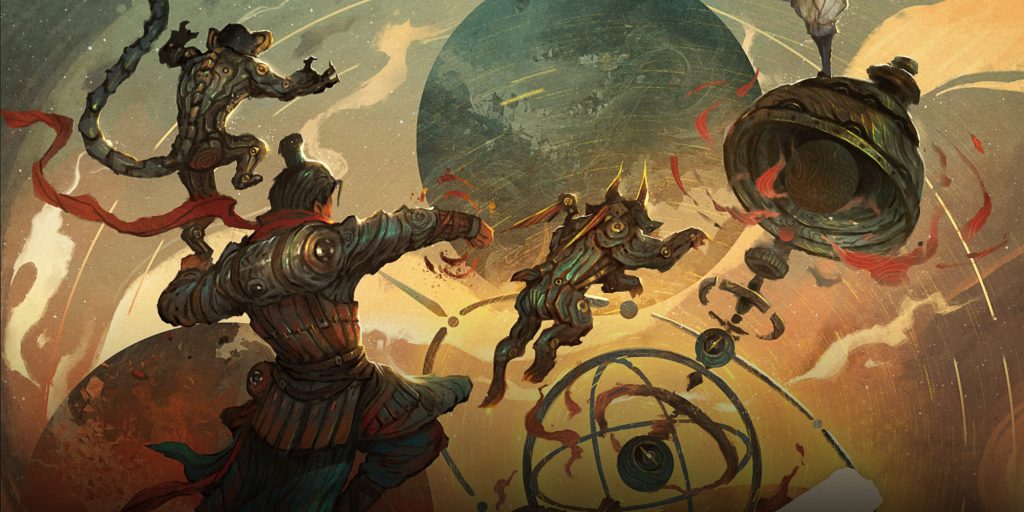Liu’s signature brand of “hard sci-fi” continues to dominate, but a new generation of authors is putting a more traditional spin on the genre.

Nearly 25 years after he first burst onto the scene, Liu Cixin remains Chinese sci-fi’s biggest star. The past three months alone have seen three major adaptations of his work released: live-action and animated versions of “The Three-Body Problem” and the long-anticipated sequel to the 2019 blockbuster “The Wandering Earth.”
The success of these adaptations is a powerful reminder of the appeal of modern Chinese sci-fi, and in particular Liu’s signature “hard sci-fi” style. Yet, notwithstanding his status as the standard-bearer for Chinese sci-fi, Liu’s work owes more to writers in the Anglophone world than any specific Chinese tradition. A devoted reader of golden age sci-fi authors like Arthur C. Clarke and Isaac Asimov, his stories echo their enthusiasm for the vast expanse of space, their fascination with technological advancement, and their speculations on the future of humanity.
In this, Liu’s work mirrors the history of Chinese sci-fi. Scholars generally agree that the first modern Chinese sci-fi story was written by the reformer and scholar Liang Qichao (1873-1929). Liang’s “The Future of New China” imagined life 2,513 years after Confucius’ birth, in which a rejuvenated China has overcome its past to emerge as a powerful, advanced modern nation-state. Liang, himself a translator who helped introduce Jules Verne into Chinese, saw the genre, and literature more broadly, as a way to save the nation by dispelling old conventions and cultivating interest in scientific knowledge in the masses; his story was meant as a direct response to China’s stagnant technological development in comparison to Europe and Japan. Continue to read the full article here
– This article originally appeared on Sixth Tone





